
No business as usual: EU Foreign Affairs Ministers agree to tighten visa policy for Russian citizens
EU Foreign Ministers at an informal meeting on 31 August agreed to fully suspend the Visa Facilitation Agreement between the European Union and Russia. Until now, it had been partially suspended for special collectives, groups of people – officials, entrepreneurs – but now it has been suspended completely. Ministers acknowledged that it could not be “business as usual” while Russia waged a full-scale war in Europe.
EU High Representative Josep Borrell said the visa issuing process for Russians will become more complicated and lengthy, leading to a reduction in the number of new visas.
“This is a common approach, and a common approach will prevent a potential ‘visa shopping’ by Russians – going here and there, trying to look for better conditions,” said Borrell.
The ministers also reached a common understanding that decisions on the issuance of EU visas to Russian citizens should be taken on a case-by-case basis.
“We do not want to cut ourselves from those Russians who are against the war in Ukraine. We do not want to cut ourselves from the Russian civil society,” added Borrell.
With regard to visas previously issued, the ministers agreed that, given the dangers of the current situation, the countries bordering Russia would be able to take tougher measures at national level, but in accordance with the European Union Schengen Border Code.
The ministers also agreed that passports issued by the Russian authorities in occupied territories of Ukraine will not be recognised.
Find out more
MOST READ
SEE ALSO
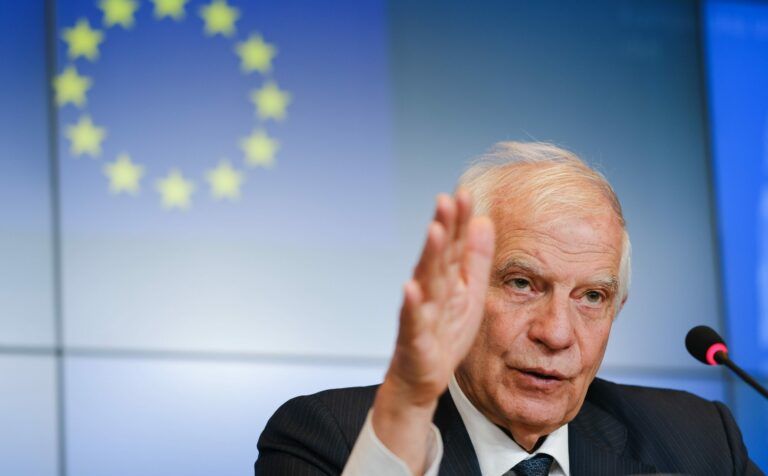
Borrell: some EU members willing to provide Ukraine with ammunition and air defence and interceptor systems
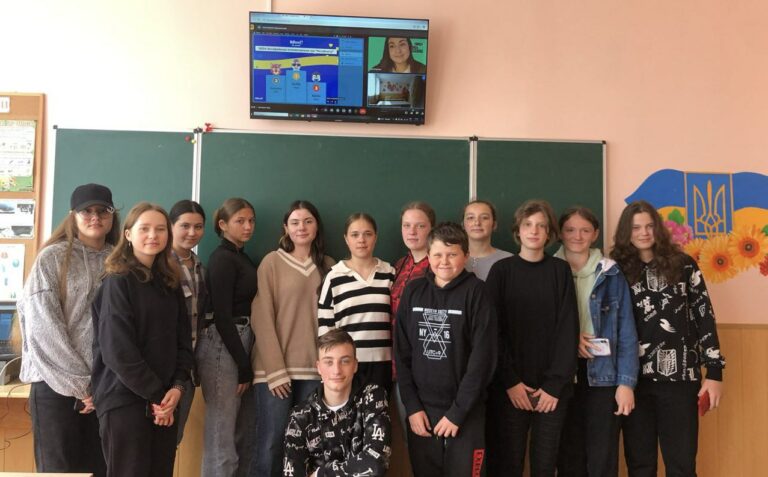
Young European Ambassadors in Ukraine engage students in Vinnytsia Region in game on disinformation
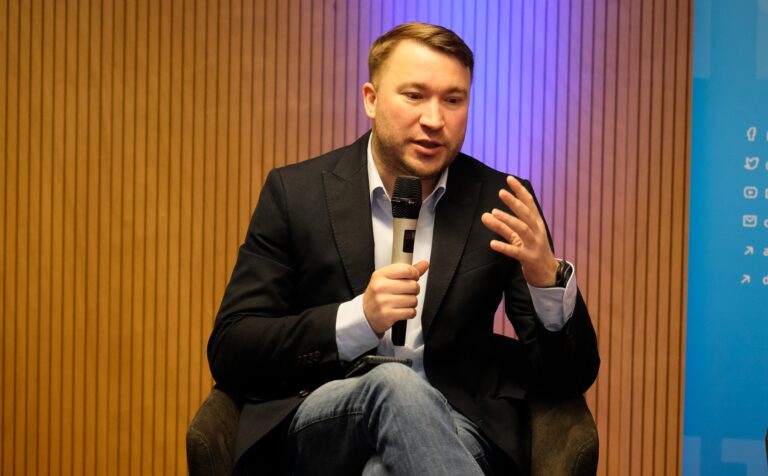
DW Akademie: EU-funded MediaFit programme hosts event for Ukrainian journalists in Brussels
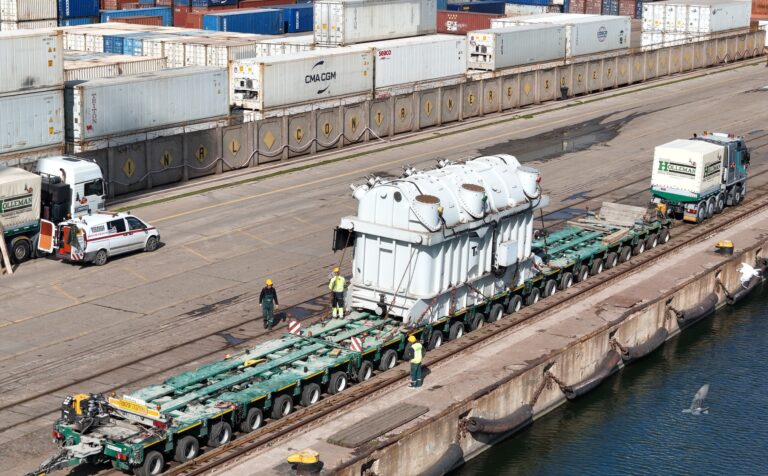
EU Civil Protection Mechanism delivers powerful transformer to Ukraine
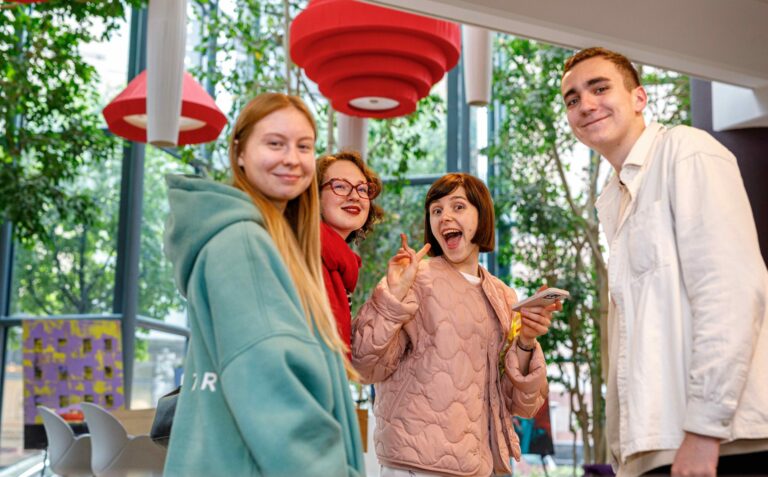
Voice Your Vision: Young European Ambassadors take part in European Forum of Young Leaders in Warsaw
More campaign pages:
Interested in the latest news and opportunities?
This website is managed by the EU-funded Regional Communication Programme for the Eastern Neighbourhood ('EU NEIGHBOURS east’), which complements and supports the communication of the Delegations of the European Union in the Eastern partner countries, and works under the guidance of the European Commission’s Directorate-General for Neighbourhood Policy and Enlargement Negotiations, and the European External Action Service. EU NEIGHBOURS east is implemented by a GOPA PACE-led consortium. It is part of the larger Neighbourhood Communication Programme (2020-2024) for the EU's Eastern and Southern Neighbourhood, which also includes 'EU NEIGHBOURS south’ project that runs the EU Neighbours portal.

The information on this site is subject to a Disclaimer and Protection of personal data. © European Union,







